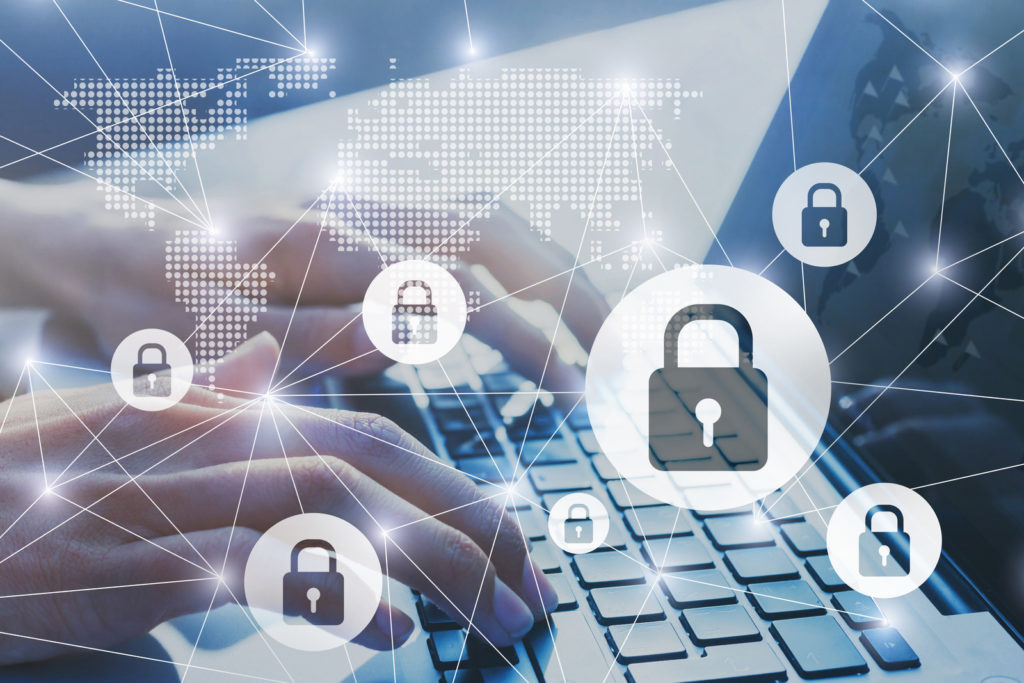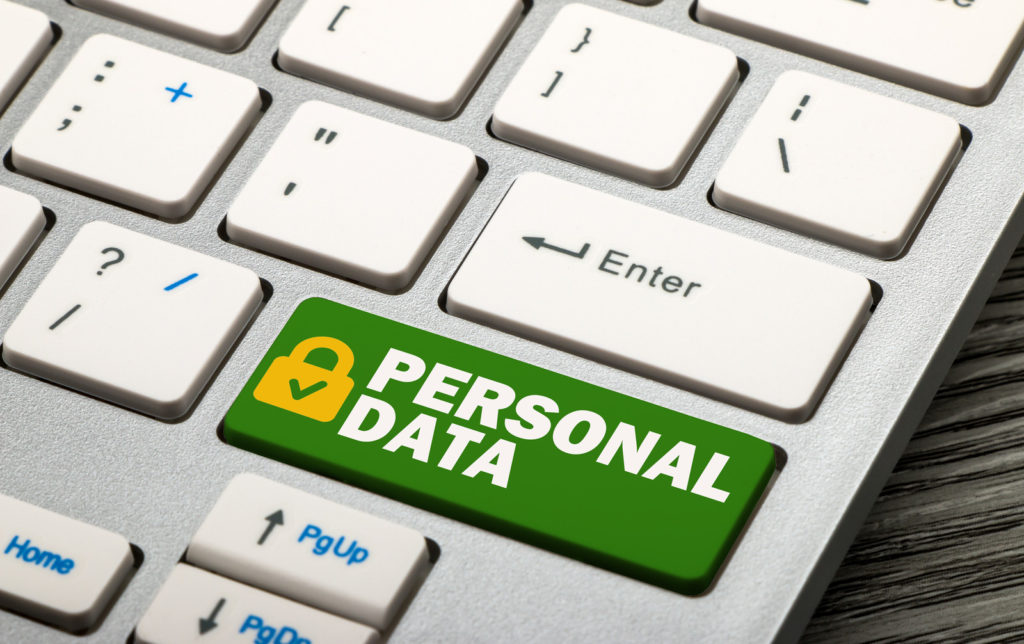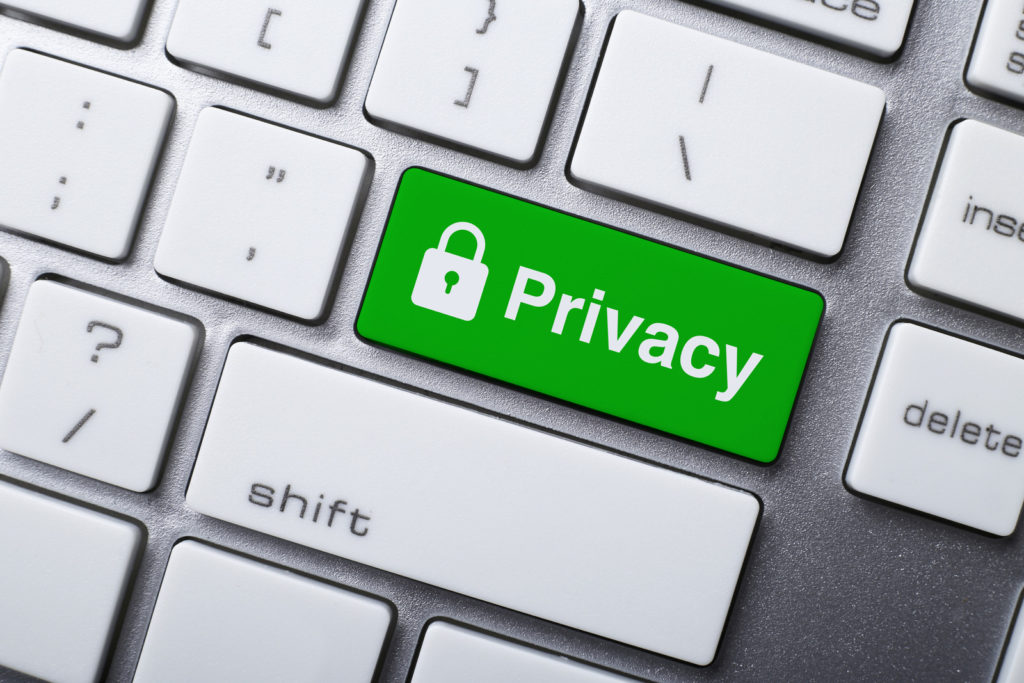“Think before you click, post or share,” this is the typical advice we hear from experts when going online.
In this digital age and with the technology we have today, anything is possible.
High-speed internet surely offers more than just information. However, the internet has its advantages and disadvantages.
Careless internet habits can lead to problems with more people using it every day.
Here are some internet safety rules to avoid scams, identity theft, and other serious problems online like phishing where cybercriminals attempt to obtain your personal information.
Passwords (make them difficult to guess)
Your password is a weak spot on the internet. The best way to keep your personal and financial information safe is to create complex and unique passwords.
A strong password would consist of mixing letters, numbers and special characters.
Use different passwords for different accounts if you can and use a password manager or organizer that can help you store your codes safely.
Two-factor authentication
Enable two-factor authentication as an extra layer of verification to secure your online accounts. This means multiple pieces of information are required to verify your identity.
Logging in into an account may need to enter a code that is sent via a phone number or phone call.
By turning this feature on, it will reduce the chance of a malicious app gaining access.
Update regularly
To ensure the latest security features, always keep all your apps and software updated.
You can choose to turn on automatic updates or calendar when to check for updates. Also, keep in mind to make sure your security software is set to run regular scans.
Although not all internet security software can protect you against every threat, it will still detect and remove most malware, so make sure it is also up to date.
Turn off camera and microphone (when not in use)
When you’re not using your personal computer’s camera or microphone, it is best that you disable them. As an extra precaution, you can buy privacy covers
This will cover your camera and block hackers when the computer is compromised by malware.
You can also use sticky tape and paper to cover the camera.
To disable your microphone go to the Audio settings of your laptop or system preferences.
Some browsers also allow you to control the camera and microphone permissions for each website.
Practice safe online shopping
When you make a purchase online, you need to provide a credit card or bank account information. Only give your bank details when the website provides secure and encrypted connections.
Some experts suggest making sure that the site’s address starts with “https”, instead of just “http”, and has a padlock icon in the URL field.
Also, practice checking for websites that have wrong spellings or bad grammar in their addresses.
Download from trusted sites
The goal of cybercriminals is to trick you into downloading malware.
Untrusted software and programs carry malware and try to steal personal information.
You have to remember that malware can be disguised as an app. It can be anything from a game, weather apps or other productivity apps
Always double check apps before downloading and don’t download apps that come from a site you’re not familiar with.
Backup your data
No matter how careful you are, it is still possible for cybercriminals to lock you out from your device. These hackers attack you with ransomware and they trick you to pay them in return for your files
To prevent this from happening, you have to back up your data regularly to multiple locations or hard drive
Signup with a reputable online file storage website.
These are just some advice to consider if you want to keep safe while being online. If you know more tips on how to stay safe online, share it to us in the comments section of this video.
/dbs






